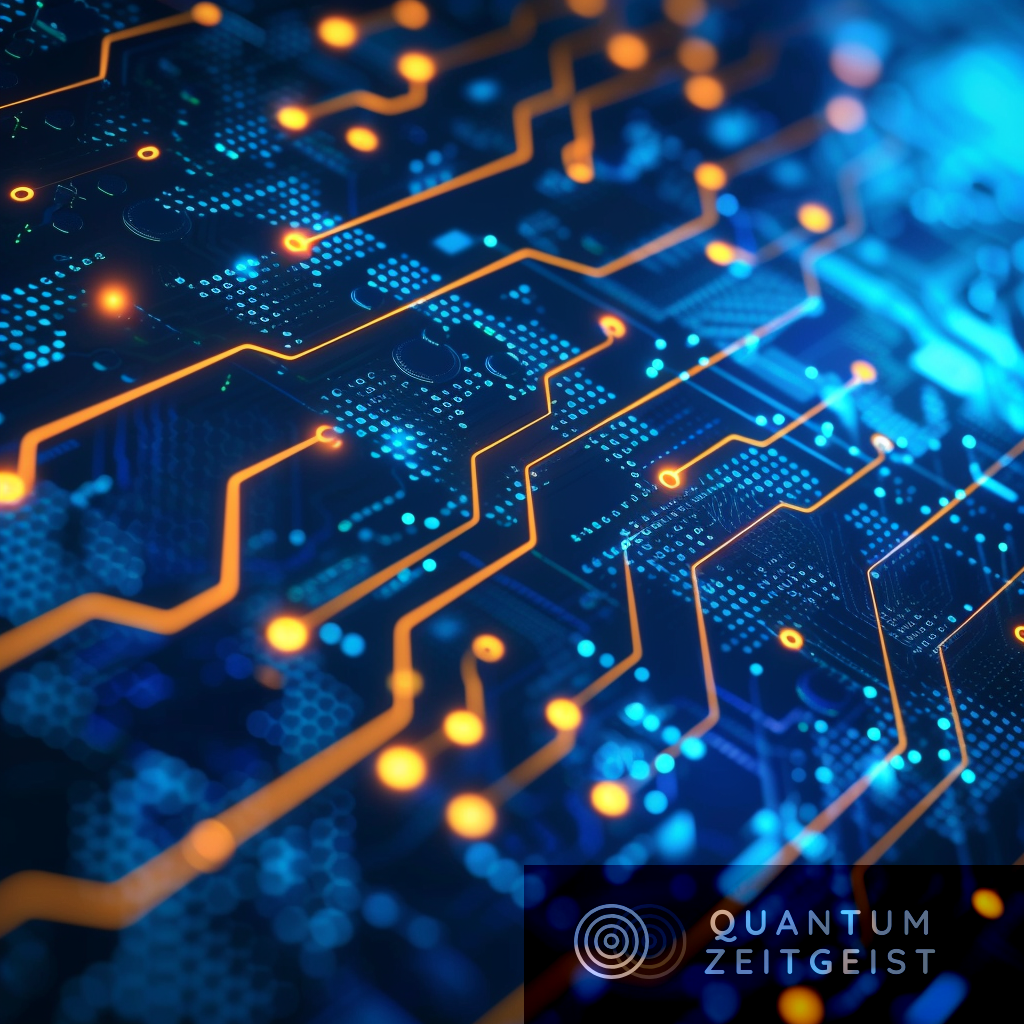Researchers from the National Institute of Technology in Sikkim and Patna, India, have developed a quantum-inspired differential evolution algorithm (QDEUA) to efficiently allocate app users in an edge computing environment. The algorithm addresses the app user allocation problem (AUAP), considering factors such as the minimum edge servers required, user allocation rate, energy consumption, and load balance. The study found that the QDEUA outperformed existing strategies, improving user allocation rate by 116.63%, reducing energy consumption by 77.35%, enhancing load balance by 46.22%, and using 13.98% fewer edge servers.
Quantum-Inspired Differential Evolution for Efficient User Allocation in Edge Computing
Introduction to the Study
The study, conducted by Marlom Bey, Pratyay Kuila, and Banavath Balaji Naik from the Department of Computer Science and Engineering at the National Institute of Technology in Sikkim and Patna, India, focuses on the efficient allocation of app users (AUs) in an edge computing (EC) environment. The researchers propose a quantum-inspired differential evolution algorithm (QDEUA) to address the app user allocation problem (AUAP). The algorithm considers factors such as the minimum edge servers (ES) required, user allocation rate (UAR), energy consumption, and load balance.
The Problem of App User Allocation
The growing number of AUs in the EC environment presents several challenges, including the potential overload of edge servers (ES), which can result in increased latency, decreased reliability, and poor quality of service (QoS). This overload can occur when too many AUs are attempting to access the same ES, and the ES cannot effectively handle the incoming requests. Hence, it is necessary to efficiently allocate the AUs to the ESs, a problem known as edge user allocation (EUA) or app user allocation problem (AUAP).
Quantum-Inspired Differential Evolution Algorithm
The researchers propose a quantum-inspired differential evolution algorithm (QDEUA) to address the AUAP. Quantum-inspired evolutionary algorithms (QEAs) are optimization techniques that utilize quantum mechanics to enhance the performance of traditional evolutionary algorithms (EAs), enabling them to explore larger solution spaces and converge faster toward the near-optimal solution. The QDEUA proposed in this study is designed to provide a complete solution to the AUAP.
The QDEUA Strategy
The QDEUA strategy introduced in this paper includes a novel quantum DE-based efficient user allocation (QDEUA) in the EC environment. The quantum vectors (QVs) are encoded to provide a complete solution to the AUAP. The QVs are further decoded using a novel hashing technique. A fitness function is designed to evaluate the QVs by considering the factors the minimum number of ES required, user allocation rate (UAR), energy consumption, and load balance.
Results and Conclusion
The results indicate that QDEUA outperforms existing strategies with an average UAR improvement of 116.63%, a 77.35% reduction in energy consumption, and 46.22% enhancement in load balance while utilizing 13.98% fewer ESs. The study concludes that the proposed QDEUA can be executed in polynomial time and is a significant contribution to the field of efficient user allocation in the EC environment.
The article titled “Quantum-Inspired Differential Evolution with Decoding using Hashing for Efficient User Allocation in Edge Computing Environment” was published on January 26, 2024. The authors, Marlom Bey, Pratyay Kuila, and Banavath Balaji Naik, delve into the application of quantum-inspired differential evolution in edge computing environments. The study focuses on the use of decoding and hashing for efficient user allocation.

